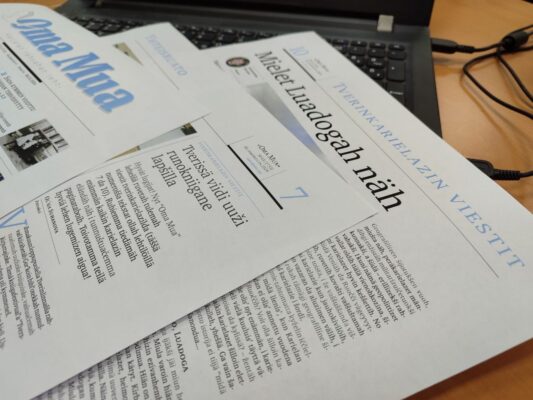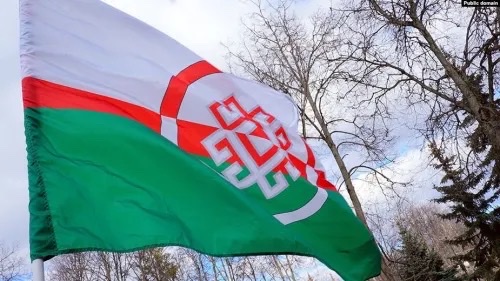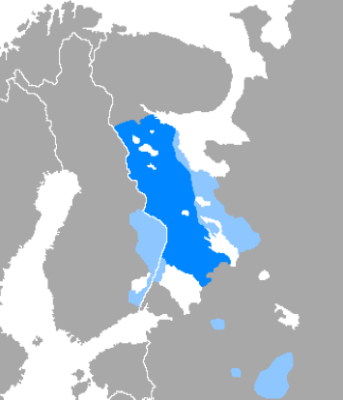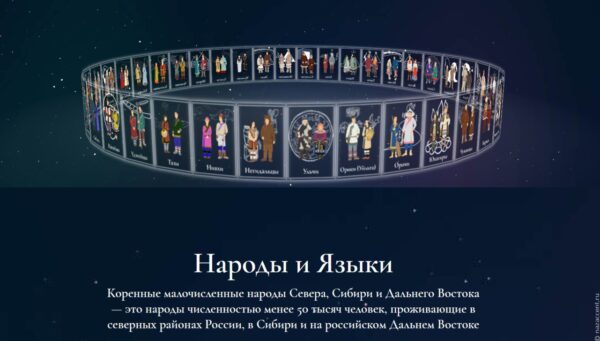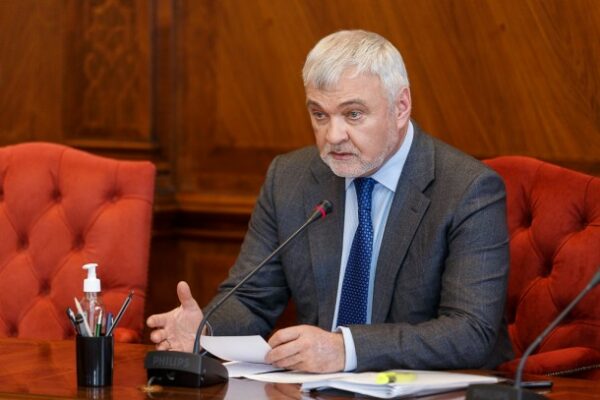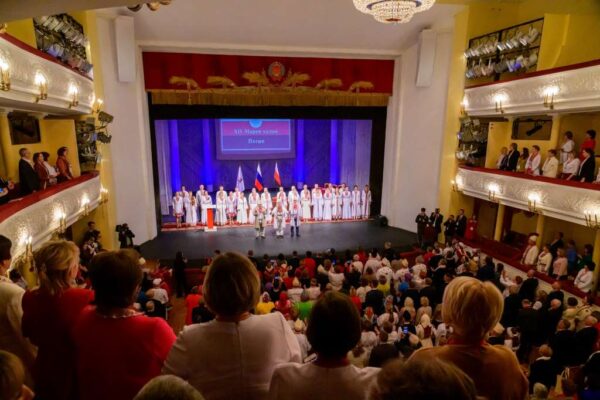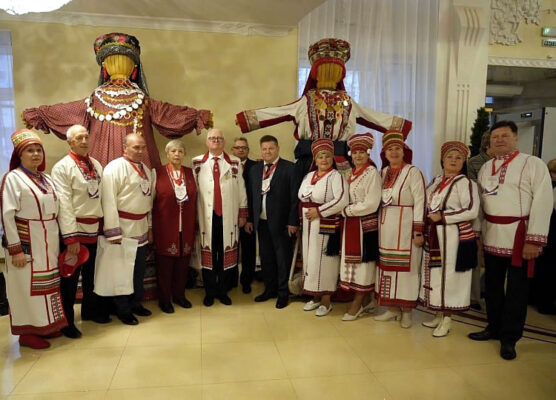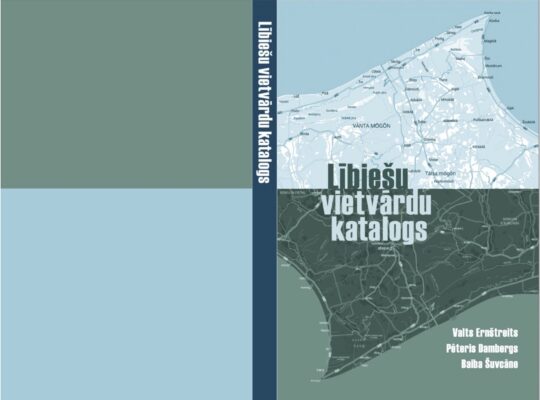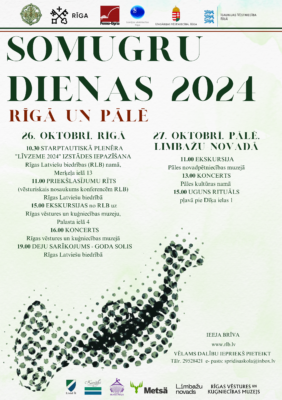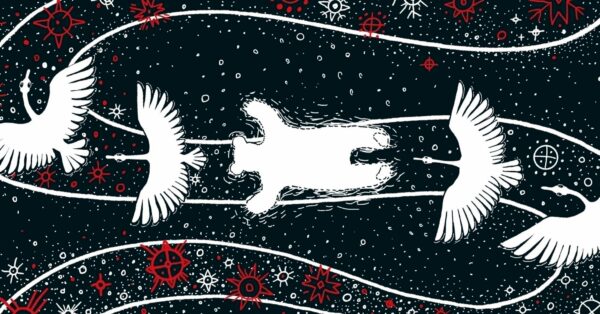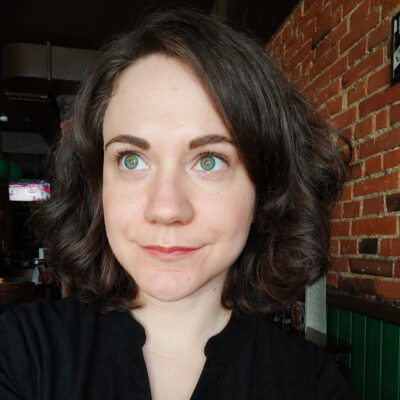
News
Newspaper Oma Mua adds Tver Karelian language
The only Karelian-language newspaper in the Russian Federation, Oma Mua, which had ceased publication in Karelia due to lack of funds, resumes publication. The good …
Mari pensioner and activist fined 400,000 roubles
The Yoshkar-Ola City Court fined Mari pensioner, poet and national activist Yuri Blagodarov 400,000 roubles (€4,000) for discrediting the Russian army and inciting hatred. The …
Mari Union fined for sharing Uralic Centre post
Information from the Uralic Centre concerned the selection of Narva as the 2025 Finno-Ugric Capital of Culture.
Actor accused of insulting Karelian language and extremism
A scandal has been brewing in Karelia over the Karelian language. The head of state of the Republic of Karelia, Artur Parfenchikov, threatened to turn …
Russia launches virtual atlas of Northern indigenous peoples
A multimedia portal, or virtual atlas, dedicated to the indigenous peoples of Siberia and the Far East of the Russian Federation has been launched in …
Leader of Komi Republic, Vladimir Uiba, resigns
Vladimir Uiba, the leader of the Komi Republic with Estonian origins, resigns from his post. He will continue working on a federal level.
12th All-Russian Mari Congress was inexpressive
The 12th All-Russian Congress of the Mari People was held at the National Drama Theatre of the Republic of Mari El from 31 October to 2 November.
Mordvins confirmed loyalty to Russia
From 9 to 11 October, the 8th Congress of the Mordvin (Erzya and Moksha) People, more precisely called the 8th Congress of the Interregional Social Organization of the Mordvin (Erzya and Moksha) People "Consolidation of the Mordvin People and Strengthening the Unity of the Russian People in the Face of Contemporary Challenges", was held in Saransk.
Livonian place name catalogue
The Day of the Livonian Flag is on 18 November 2024. On this day, the Livonian flag is flown in different places across Latvia. Livonian places are a current theme, because this year saw the publication of the Livonian place name catalogue (Lībiešu vietvārdu katalogs).
Finno-Ugric Days 2024 in Latvia
The Riga Latvian Society organised the Finno-Ugric Days for the tenth time. The theme of the event was 'transformation'.
Finno-Ugric Calendar 2025 out now!
Fenno-Ugria publishes the Finno-Ugric Calendar, and the fresh Finno-Ugric Calendar 2025 is ready. Author: Piret Räni, content editor: Madis Arukask, consultants: Alla Lashmanova, Nadii Mush, …
Bogáta Timár, fellow of Lennart Meri Waterfowl Fund scholarship
The Lennart Meri Waterfowl Fund scholarship has been awarded for the 8th time this year. Bogáta Timár is the scholarship's first Hungarian winner.
